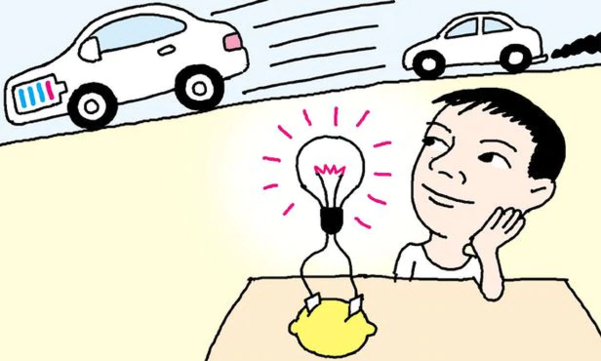Input 2020.12.31 14:00
According to the results of SNE Research on the 31st, CATL, a Chinese battery maker, recorded 28.1 GWh (gigawatt hours) of battery usage for electric vehicles worldwide from January to November this year, accounting for 24.2% of the total usage. It won the global No. 1 position for 3 consecutive months. LG Chem (051910)The company achieved first place in March this year, but gave it first place to China from September, and recorded 26.4 GWh of cumulative usage until November, accounting for 22.6% of the total usage. Panasonic Japan ranked 3rd with 22.3GWh (19.2%). Samsung SDI (006400)Wow SK innovation (096770)They ranked 4th and 5th with 6.8GWh (5.8%) and 6.5GWh (5.5%), respectively.

European battery makers are also speeding up battery self-sufficiency with full support from the EU. The European battery market has emerged as a vein with guaranteed growth potential due to the surge in demand for electric vehicles according to eco-friendly policies. According to the production plan of the electric vehicle battery industry, production capacity in Europe is expected to reach 315 GWh within the next five years, soaring more than 15 times last year.
The EU Commission and each European government have a sense of crisis over the high dependence on batteries made in Korea and China, and have formed the’Battery Alliance’, an industry promotion policy, to foster the battery production chain. Swedish startup North Volt, funded by Volkswagen and BMW, plans to mass-produce batteries with low greenhouse gas emissions using hydroelectric power in Sweden starting next year, and is setting up a joint plant with Volkswagen in Salzgitter in northern Germany.

Domestic companies, driven by competition, plan to strengthen their business competitiveness by actively expanding R&D and facility investments in order not to be cut off on the global stage. The three domestic battery companies have endured massive deficits and invested heavily in electric vehicle batteries. As a result, the market share of the three companies in the global battery market was 33.9%, which doubled from 16.6% in the same period last year.
Investment continues to grow. The cumulative R&D investment costs of the three domestic companies in the third quarter of this year amounted to about 1.56 trillion won, up 7.2% from the same period last year. Combined with the figures up to the fourth quarter of this year, R&D expenses are expected to exceed 2 trillion won. An industry insider said, “This year, Korean companies with technology superiority over competitors have made progress in the global battery market, but the global stage is gradually becoming a’tilted playground’ with the full support of each government.” “We are prioritizing R&D investment with the conviction that we need to widen the technology gap further.”
